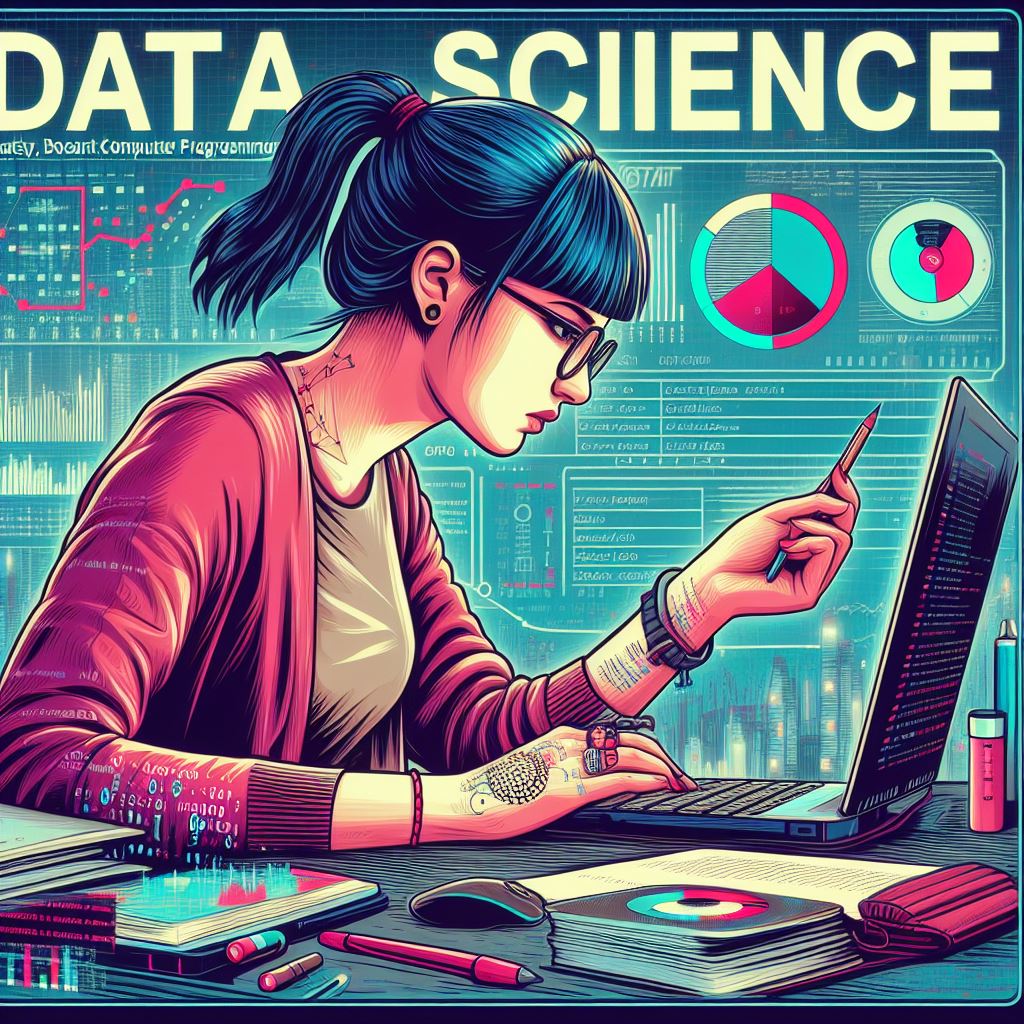Machine learning (ML) has already begun reshaping industries, and as we approach 2025, its impact is expected to increase exponentially. This transformative technology is set to change the way businesses operate, enhance automation, and solve complex problems with greater precision. From healthcare to finance, machine learning algorithms are becoming more sophisticated and integrated into various sectors. But what does the future hold for ML, and how will it continue to evolve over the next few years?
In 2025, machine learning will likely be at the forefront of several key advancements in technology. One of the primary areas of growth is in artificial intelligence (AI) and automation. With improved algorithms, machines will be able to learn from vast datasets and make decisions with minimal human intervention. This will lead to smarter systems, more accurate predictions, and increased productivity in both business operations and personal tasks.
The evolution of deep learning techniques will further accelerate ML’s capabilities. These algorithms, which mimic the way the human brain processes information, will become more refined, allowing them to tackle more complex tasks. In the field of healthcare, for example, ML will be instrumental in diagnosing diseases, developing personalized treatments, and predicting health outcomes. By 2025, we can expect an increase in precision and efficiency, with AI-powered tools assisting doctors and medical professionals in decision-making.
Another exciting development in ML’s future is the improvement of natural language processing (NLP). As algorithms become better at understanding and generating human language, communication between humans and machines will become more seamless. We are already seeing the rise of conversational AI tools, such as chatbots and voice assistants, and by 2025, these systems will be far more intuitive. Businesses will be able to leverage NLP for everything from customer service to content creation, enhancing customer experiences and operational efficiency.
Furthermore, ML will play a significant role in sustainability efforts. With the growing concern about climate change and the environment, machine learning models will help optimize energy use, reduce waste, and predict environmental trends. ML will empower businesses to adopt greener practices, such as energy-efficient manufacturing processes and predictive maintenance for machinery to avoid unnecessary resource consumption. In the coming years, it will be an essential tool for driving sustainability in industries worldwide.
Despite its promising future, machine learning also presents challenges that need to be addressed. Issues such as data privacy, algorithm bias, and the ethical implications of automation will require careful consideration. As ML continues to advance, there will be an increased focus on creating responsible AI systems that prioritize transparency, fairness, and accountability. Governments, businesses, and research institutions will need to collaborate to establish frameworks that ensure the ethical use of machine learning technologies.
As we move closer to 2025, it is clear that machine learning will continue to shape the future of technology and society. Whether in healthcare, business, or sustainability, its potential is boundless. Those who harness its power will be able to drive innovation and unlock new opportunities, transforming industries in ways we can only begin to imagine.
